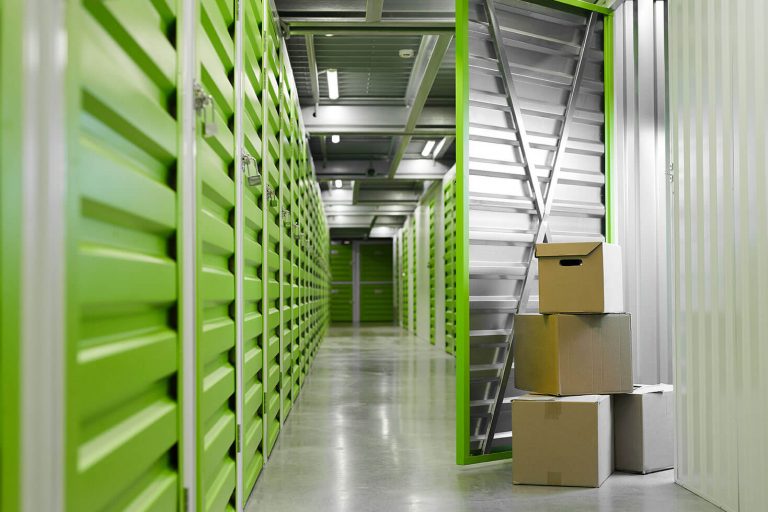End of Year Tax Strategies You Can Take to the Bank – Part Two
(In part 1 we looked at pending tax increases and strategies building owners can use to help reduce their tax burden at year end. We discussed how to maximize expensing on repairs and maintenance on your buildings, spelled out deductions clients often miss out on when they make renovations and dispose of items, and we reviewed expansions to the definition of Section 179 expensing, Bonus Depreciation and QIP.)
What does this mean for a building owner?
You can deduct about 20% – 50% of a building in the first year you buy or build it if you include Cost Segregation as one of your strategies. Again, the result is lower taxes immediately. All kinds of buildings can benefit from Cost Segregation and bonus depreciation – from apartments, to offices, and self storage. Items like specialty flooring, specialty lighting, security systems, landscaping, and paving are all items that can be accelerated. Use the time value of money to take those savings and gain interest. Perhaps it gives you enough cash flow for a phase 2 or even a deposit on a new facility to gain additional revenue (interest on the useable depreciation). Some people have talked of stockpiling as much bonus depreciation as they can in 2021 in anticipation of future changes. Any additional unused depreciation from bonus can be carry forward to use in future years (when tax rates might be higher).
Tax Tip: A Cost Segregation study is a good tool to help identify items that might qualify for Section 179 or 100% Bonus Depreciation. All are good strategies to help reduce your taxable income and increase cash flow. Take advantage of Cost Segregation and 100% bonus depreciation for the 2021 tax year. One hundred percent bonus depreciation is currently scheduled to be reduced by 20% each year starting in 2023. So, get it while you can.
Are you worried about higher capital gains and estate taxes next year?
An increase in capital gains taxes seems like it only applies to the super wealthy. Consider the current sale prices of properties right now. Lots of small business men and women own a building or two. If that estate exemption drops significantly even the estates of small businesses will be hit. The estate would pay the tax bill but that means their kids would be paying taxes indirectly by getting less from the estates.
Tax Tip: Consider selling some assets now and taking advantage of the current tax rates while you can. The changes being proposed could affect you.
A good reputable engineering-based Cost Segregation firm can help you identify all the above strategies and maximize your tax savings. Such a firm will work closely with a building owner’s CPA or tax preparer to maximize the deductions while helping the building owner maintain compliance with current tax codes.
Many people believe the economy is not yet recovered and believe the tax changes will not go into effect until 2022. The house proposal includes some estate changes to go into effect at the passing of the bill (which was 2021), not in 2022. Congress and the administration are sending signals that they want to push the legislation now. No one knows when that will happen and if they will pass. Get ahead of potential changes by acting now, generating additional cash flow through tax savings, and take that cash to the bank.
Warren Dazzio serves as Executive Vice President of CSSI – Cost Segregation Services, LLC CSSI is the premier engineering-based consulting firm specializing in the tax laws surrounding commercial buildings. This includes the Repair Regulations, The Tax Cuts and Jobs Act, Cost Segregation, and R & D Studies. CSSI’s Energy Services division offers LED lighting projects from new construction to retrofits. Contact Warren directly for a no-cost analysis. 225.241.9823 [email protected] or visit WD.CSSISTUDY.com.
A version of this article was first published in the December 15, 2021 issue of the Self Storage Report, the official newsletter of the Texas Self Storage Association
Read Part One of this series here.




